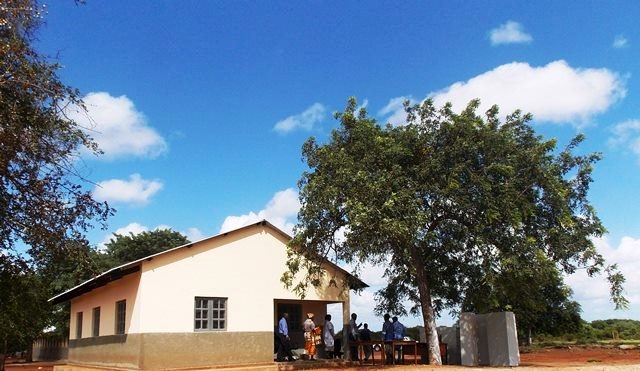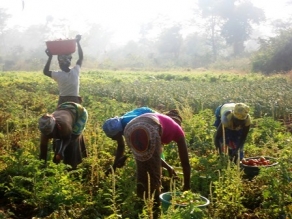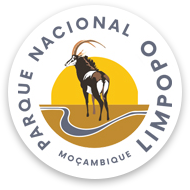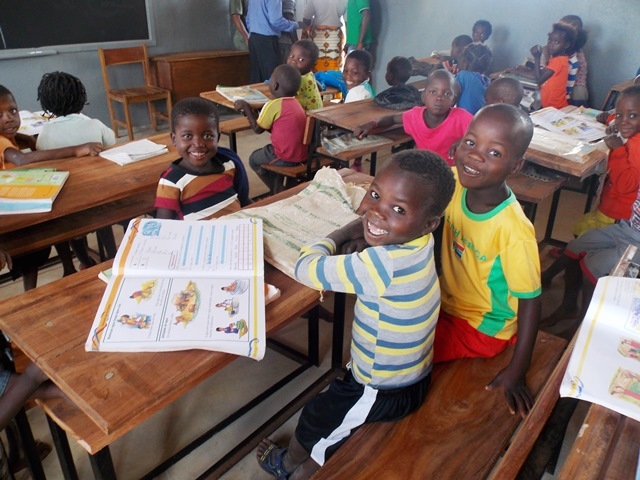A recent ceremony officially opened the resettled Macavene community’s newly constructed primary school, located at Banga in the Massingir District. For the first time, Macavene children have an equipped and staffed school within their village, helping to ensure the next generation’s education.
The opening ceremony was led by Ms Emilia Machaieie, provincial director of tourism and Mr Antonio Abacar, Limpopo National Park’s park warden. The event included the planting of a variety of tree species in the schoolyard as part of the park’s environmental awareness and community development programmes. The trees were supplied by the Chibotane community nursery, which has also provided fruit trees for each of the families that has resettled to Banga.
Limpopo National Park’s voluntary resettlement programme entails relocating 1 600 households from eight villages in the park to ensure that the core zone is fully protected.

The school facilities include four classrooms, a house for two senior teachers, an administration block, toilets and furniture, with chairs, desks and chalkboards supplied to both the school and the administration block.
The construction of the facilities was funded by the German Federal Ministry for Cooperation and Development through KfW as part of the resettled communities’ overall compensation package.
The school forms part of the Macavene community’s compensation package that is structured around the Mozambique government’s Development through Resettlement Programme. Resettled communities receive a borehole-potable water supply with standpoints located within the village; a modern constructed school building and school facilities; are integrated into the regional health care planning and services; and are given the opportunity to be part of a community irrigation scheme.

The irrigation schemes include the supply of irrigation pumps and piping, as well as continued agriculture training and support. Not only does this provide a more variable and reliable food supply, but also enables income generation through excess crop sales and the development of entrepreneurs.
Communities are also issued with land certification in the name of their community that is sufficient for their living, agriculture and grazing subsistence needs, while each individual family receives a certificate in their name for their house and property.
Story and photos by Antony Alexander
Project Manager: Limpopo National Park

